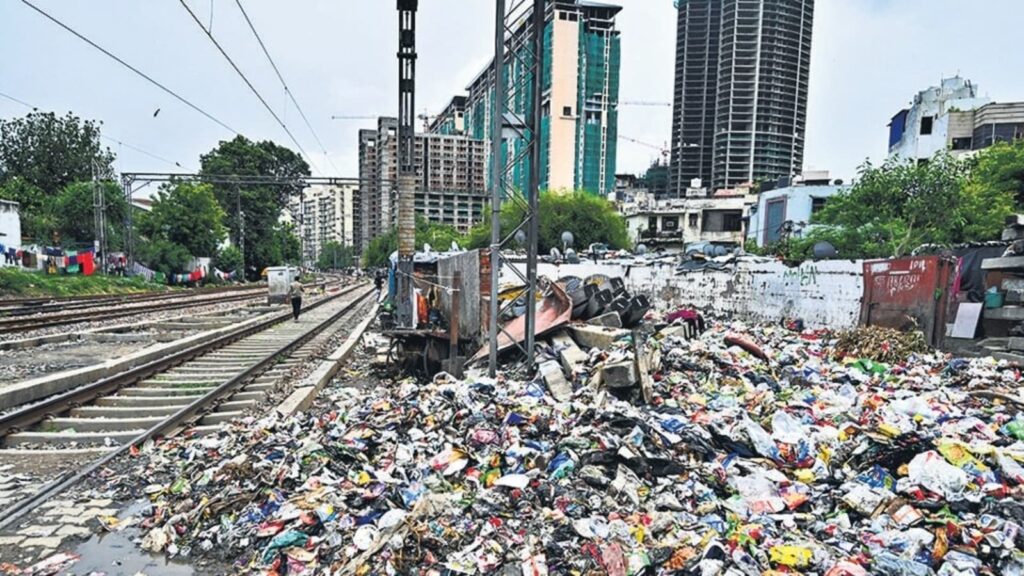Nearly a third of Delhi’s garbage goes untreated every day and leaches into the environment, an independent audit has found. This is to say that of the roughly 11,000 tonnes of waste that the Capital churns out every day, at least 3,500 tonnes is allowed to go unprocessed, only to end up further swelling the city’s gargantuan garbage mountains. Tackling this has been Delhi’s biggest civic challenge for years, one that it has responded to feebly, but also one that will only get more acute with time. Indeed, Delhi is not the only megapolis that has struggled to rein in its solid waste problem. Burgeoning populations, increasing urbanisation and soaring consumption mean cities will continue spitting out more waste. Municipal authorities need to take note of these shifts and design effective strategies to keep this waste from roiling the environment.
To this effect, the Municipal Corporation of Delhi (MCD)’s audit is a good first step that acknowledges the scale of the problem. But the civic body now needs to effect a series of measures that will need to work in lockstep to dial down the volume of untreated waste. In the short term, it will need a robust doorstep waste collection mechanism, to ensure effective segregation of wet and dry waste, shore up the waste management system, and improve monitoring. Over the long term, the civic body must promote new recycling techniques and cut leakages, while also improving efficiency at the city’s collection points. This will require the MCD to harness technology, including best practices from other parts of the world, and engage the citizenry, educating them on waste management while persuading them to collaborate with public agencies in collection, recycling and disposal.
Continue reading with HT Premium Subscription
Daily E Paper I Premium Articles I Brunch E Magazine I Daily Infographics


